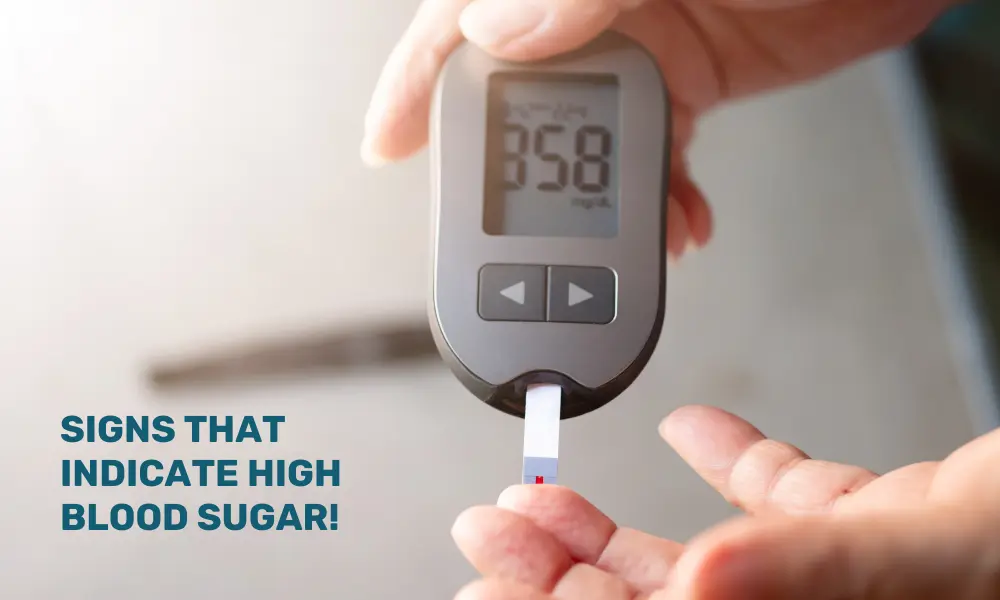Hypothyroidism is increasingly becoming a common health concern among the masses today. Women, however, are eight times more likely to develop thyroid than men. What are the warning signs of this disorder and how to identify it early, is something individuals should be aware of?
What is a Thyroid?
The thyroid is an important butterfly-shaped gland located in the neck and drapes across the front of the windpipe. It releases thyroid hormone to help our body organs perform important functions.
The pituitary, a tiny gland present in the middle of our head, monitors our physiology and releases thyroid-stimulating hormone (TSH) which signals to the thyroid gland to release thyroid hormone.
When the levels of TSH increase and the thyroid gland is not able to release more thyroid hormones in response, it leads to hypothyroidism.
Hypothyroidism is a health condition in which our thyroid gland produces low levels of thyroid hormone. This slows down metabolism and reduces the growth or repair of many parts of the body. Hypothyroidism, is also termed as an underactive thyroid, can make an individual feel tired frequently, gain weight, and a person having this condition may not be able to tolerate cold temperatures. The main treatment for hypothyroidism is hormone replacement therapy.
Signs and symptoms of Hypothyroidism that one must be aware of!
Hypothyroidism has a variety of early signs and symptoms, a few of which may include:
-
Constant Fatigue: If you constantly feel fatigued, it can be a sign of hypothyroidism. Since the thyroid hormone controls energy balance, it influences your resting patterns as well. Experts say the thyroid hormone receives signals from our brain and coordinates cells to change their functions depending on other conditions in our body. Individuals with high levels of thyroid hormone generally feel nervous and jittery. In contrast, people with low thyroid feel sluggish and exhausted.
-
Gaining weight: Another major symptom of hypothyroidism, especially in women, is unexpected weight gain. According to experts, when our thyroid levels are low, metabolism switches modes, and instead of burning calories, the amount of energy we use at rest decreases. A study says those with newly diagnosed hypothyroidism gained an average of 7–14 kg in a year since their diagnosis.
-
Feeling cold: If an individual has hypothyroidism, their basal metabolic rate (BMR) decreases, reducing the amount of heat they generate, thereby making them feel cold, especially after waking up in the morning. According to doctors, thyroid hormone is responsible for turning up the thermostat in your body to generate heat, but hypothyroidism prevents it from doing its job. Studies suggest around 40 percent of low-thyroid individuals feel more sensitive to cold than usual.
-
Hair loss: Thyroid hormone also regulates the hair follicles, which have stem cells with a short lifespan. Due to low levels, these follicles stop regenerating, resulting in hair loss. According to a study, about 25–30 per cent of patients consulting specialist for hair loss were found to have low thyroid hormone. Also, hypothyroidism leads to brittle and coarse hair in up to 10 per cent of individuals with low thyroid hormone.
-
Pain in muscles and joints: If your hormone levels are low, it would flip the metabolic switch toward catabolism – a condition when the body breaks down body tissues like muscle for energy. During catabolism, your muscle strength would decrease, leading to aches and pains in your joints.
-
Depression: Experts say hypothyroidism is linked to depression and feeling low, especially right after waking up in the morning. Even though the reasons for this are unclear, studies suggest it may be a symptom of an overall decrease in energy and health. Studies say post-partum hormone fluctuations are a common cause of hypothyroidism, potentially contributing to post-partum depression in women.
Hypothyroidism is a complex condition, which affects smooth functioning of our body. Reversing the condition may not be easy. Therefore, one must be aware of these six signs and take thyroid test regularly in case of experiencing these signs.





